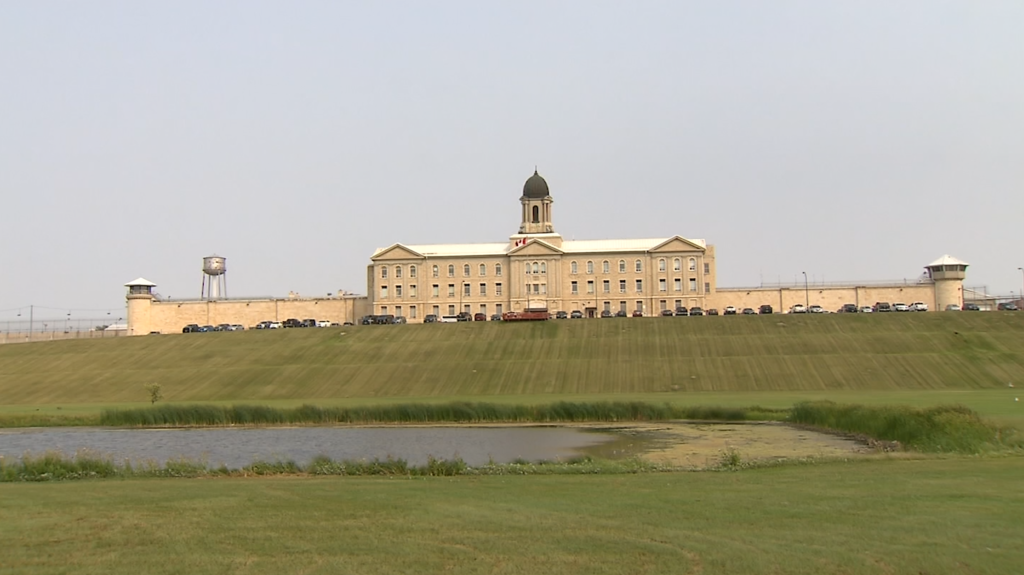Canada’s premiers gather ahead of healthcare meeting with prime minister

Posted February 6, 2023 2:40 pm.
Canada’s premiers will gather Monday ahead of their meeting with Prime Minister Justin Trudeau the following day, to try and work out a new healthcare funding deal with the provinces.
This comes as there is another push to stop the expansion of private options in the public health system.
Prime Minister Justin Trudeau has already said there will be elements that they will work on with all of the premiers, such as new data-sharing initiatives, but final funding deals will be negotiated separately with each province and be announced in the days and weeks that follow.
CityNews has learned the deal on the table is for 10 years, and is in the form of two separate agreements.
Related articles:
-
Premiers optimistic about national health deal, as B.C.’s Eby floats side meetings
-
Singh meeting with Trudeau about private health care ahead of sitdown with premiers
-
B.C. throne speech to lay out David Eby’s priorities
The first is a more general increase to the Canada Health Transfers, and the second will be for separate bilateral deals within each province.
Premiers and health ministers across the country have called on Ottawa to increase its share of healthcare costs to 35 per cent, up from the current 22 per cent.
Although the federal government has disputed the figures, claiming they are already at that point given the added health funding throughout the pandemic, the government says it is willing to increase health transfers, with conditions.
The exact dollar figures are unknown for each offer, but a senior government official tells CityNews there will be conditions for new cash including ensuring the money is spent on the public health system and not for provinces to expand private health care.
Trudeau has also said the funding will come with strings attached, including sharing health data and outcomes in a national database.
Learning new details on federal proposal to provinces on health care. Senior gov’t official tells me it is a 10-year offer to increase the Canada health transfer and on top of that provide funding for bilateral deals with each province. Listen to @CityNewsTO for details #cdnpoli
— Cormac Mac Sweeney (@cmaconthehill) February 6, 2023
This is something Angela Preocanin with the Ontario Nurses’ Association has called for.
“To ensure that funding goes toward increased staffing, improving patent care, and not padding corporate pockets,” she said.
Discussions are set to also revolve around a new national licensing system for doctors and nurses and streamlining foreign credential approvals.
CityNews also understands the funding will come with some stipulations to make sure the provinces don’t just use the cash to cut their own health budgets, and measures to ensure the money is spent on the public health system and not for provinces to expand private health care options.
The federal government aims to work out common indicators with provinces to track health spending outcomes.
Foreign credential approval
National licensing for doctors and nurses, instead of the current system of each province having its own, and streamlining foreign credential approvals will also be discussed.
The president-elect of the Canadian Medical Association (CMA) says she is hoping for serious action to help ease the strain on the health system.
Dr. Kathleen Ross says she is eager to see the progress that will bring about change, including in primary care.
“We look at five million Canadians without access to a family physician. We have a substantial gap in the number of primary care physicians,” she said.
She says her first priority is to see a big increase in federal health funding, and then to create a national licensing body for medical staff. She notes having each province with its own credential system is a major barrier for doctors and nurses to practice in other parts of the country.
“You can imagine how limiting and non-incentivizing it would be if you had to get a new driver’s license every time you tried to drive across one of the provincial borders,” she said.
To address the staffing crunch, Ross says she also wants to see a streamlining for the approval of foreign credentials, and the CMA wants to abolish the 13 different provincial credential systems and create a national licensing system so that doctors and nurses can work anywhere in the country.
“Many are already here. So looking at ways to streamline and support those internationally trained graduates would be most welcome,” she said.








